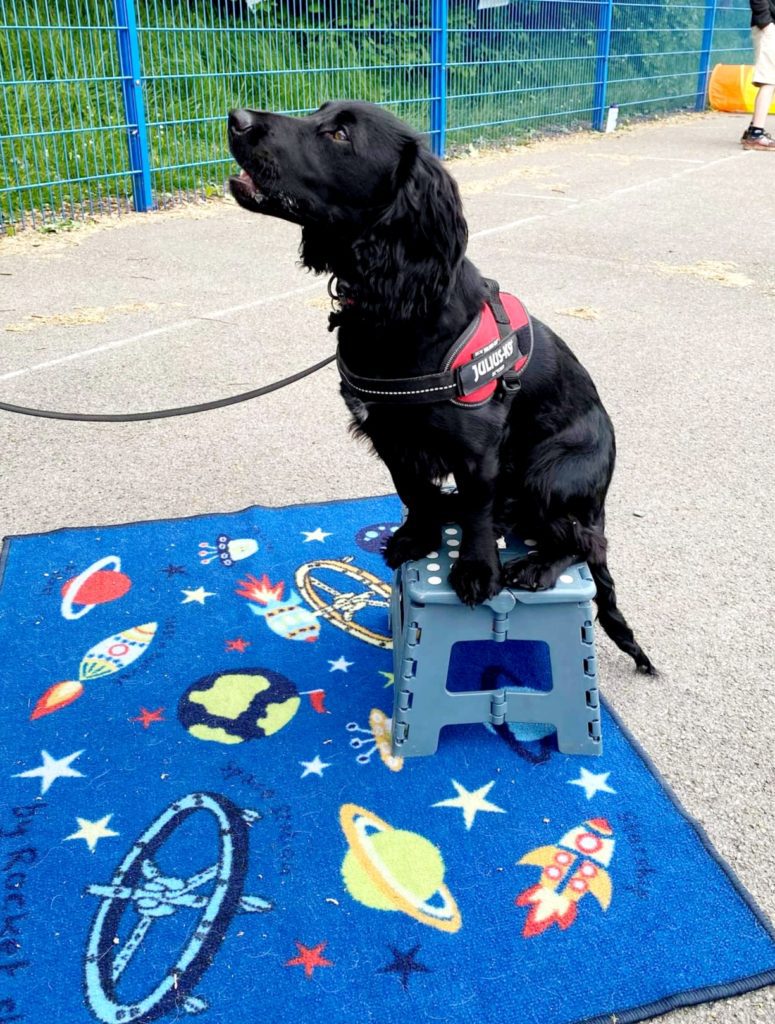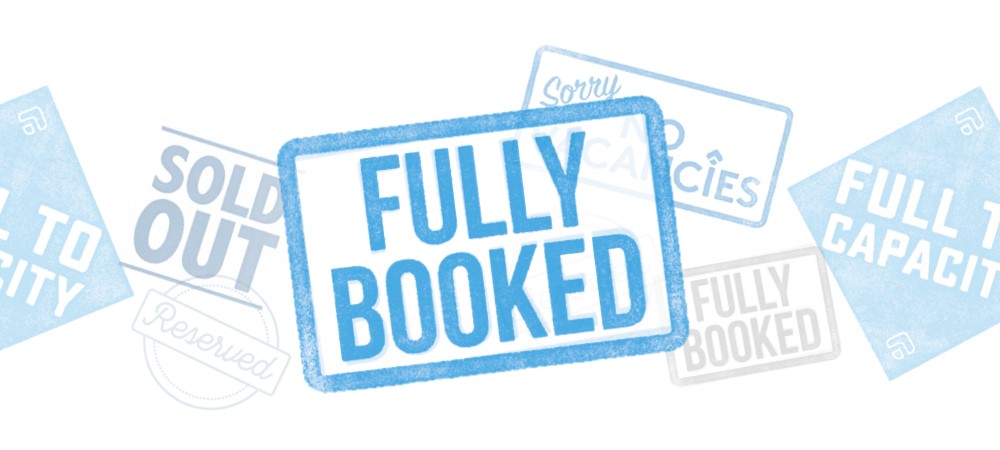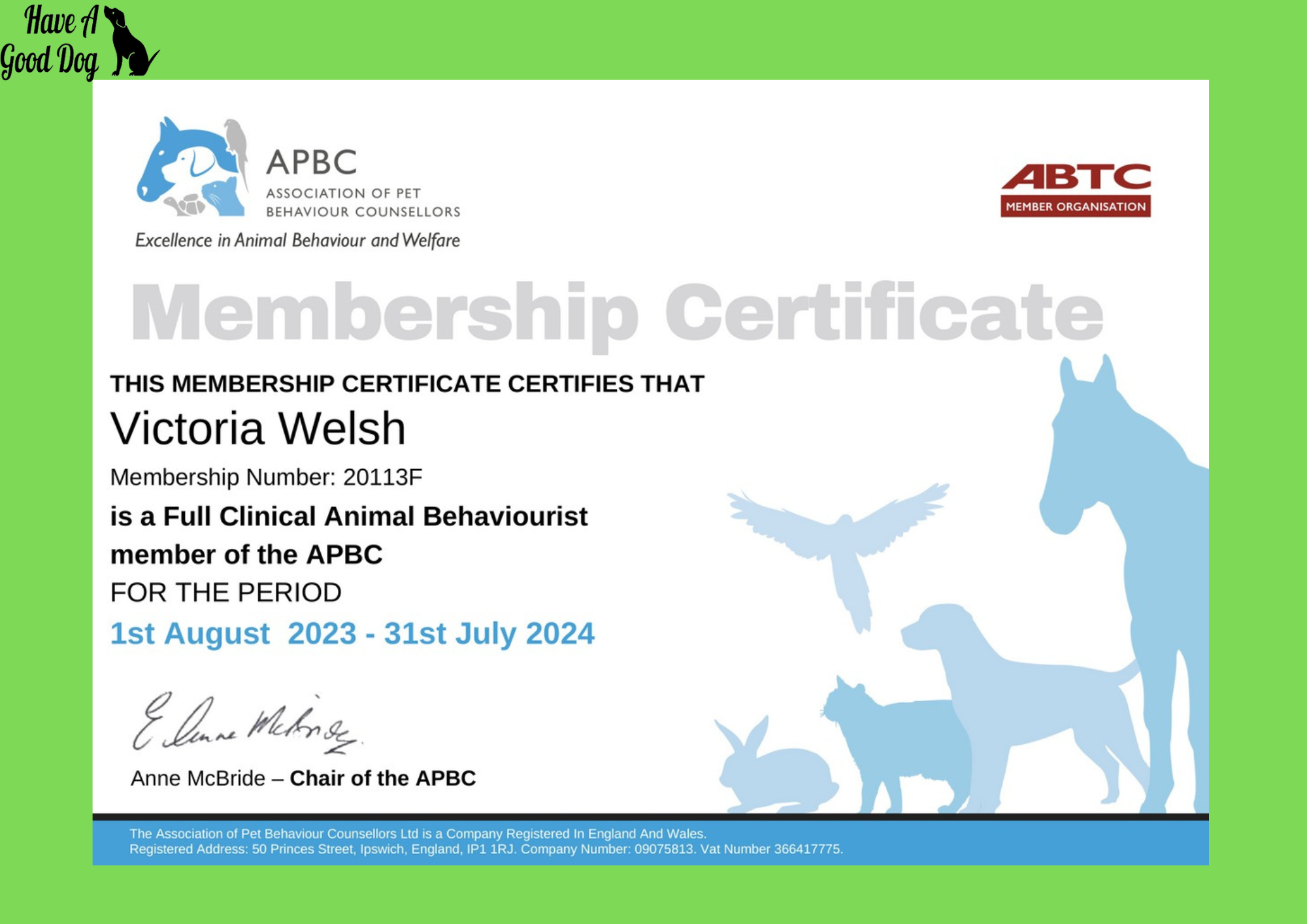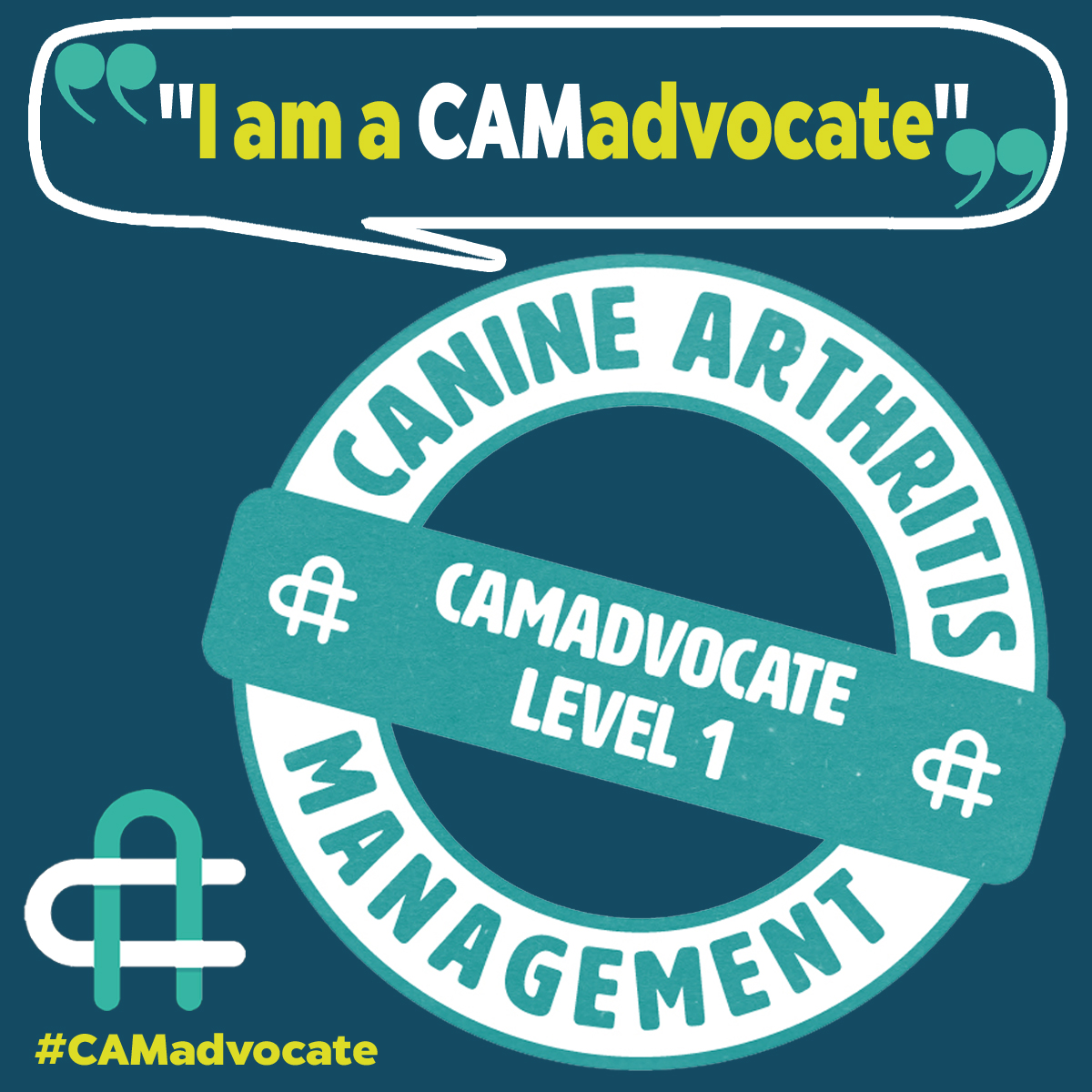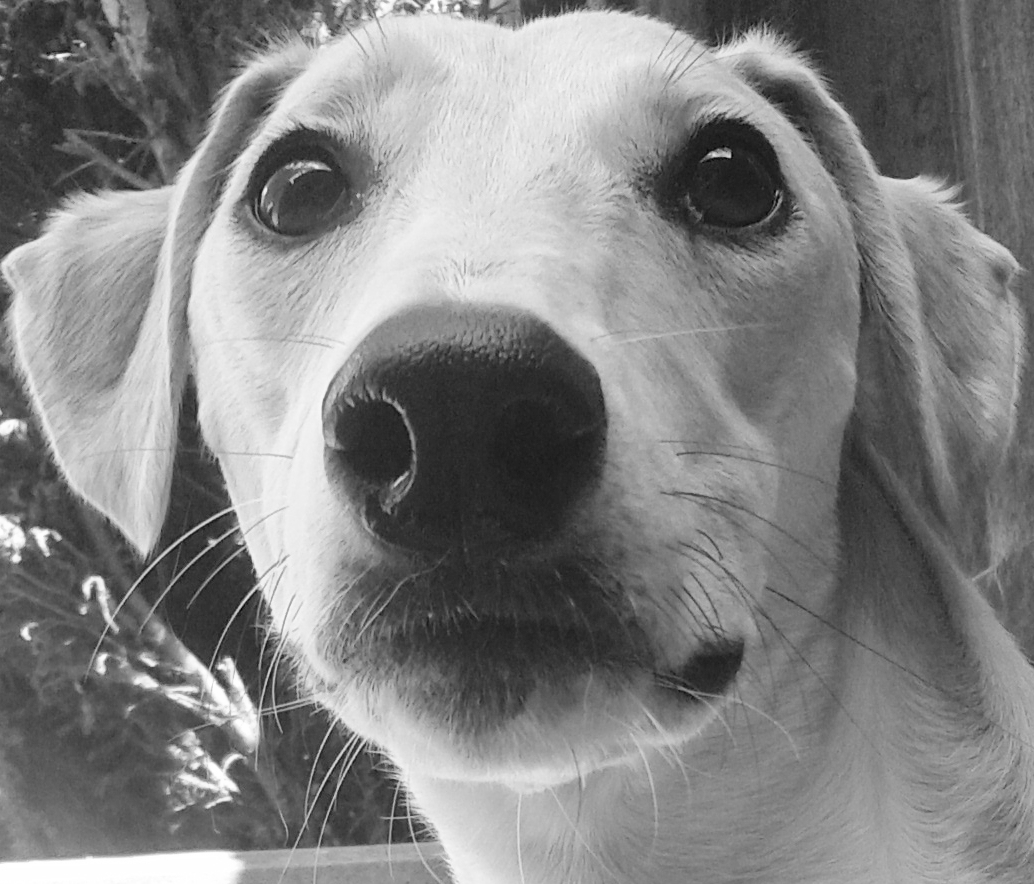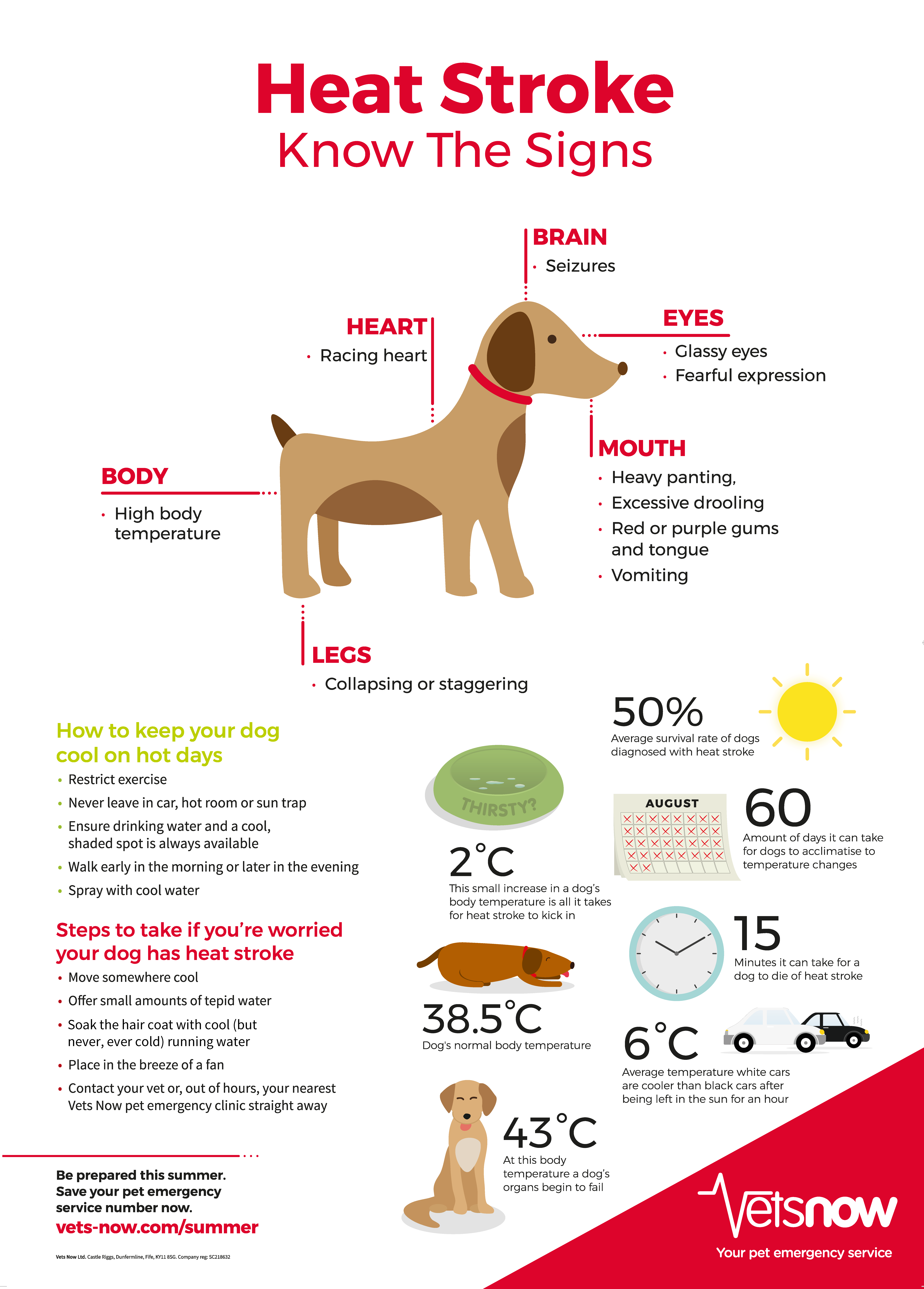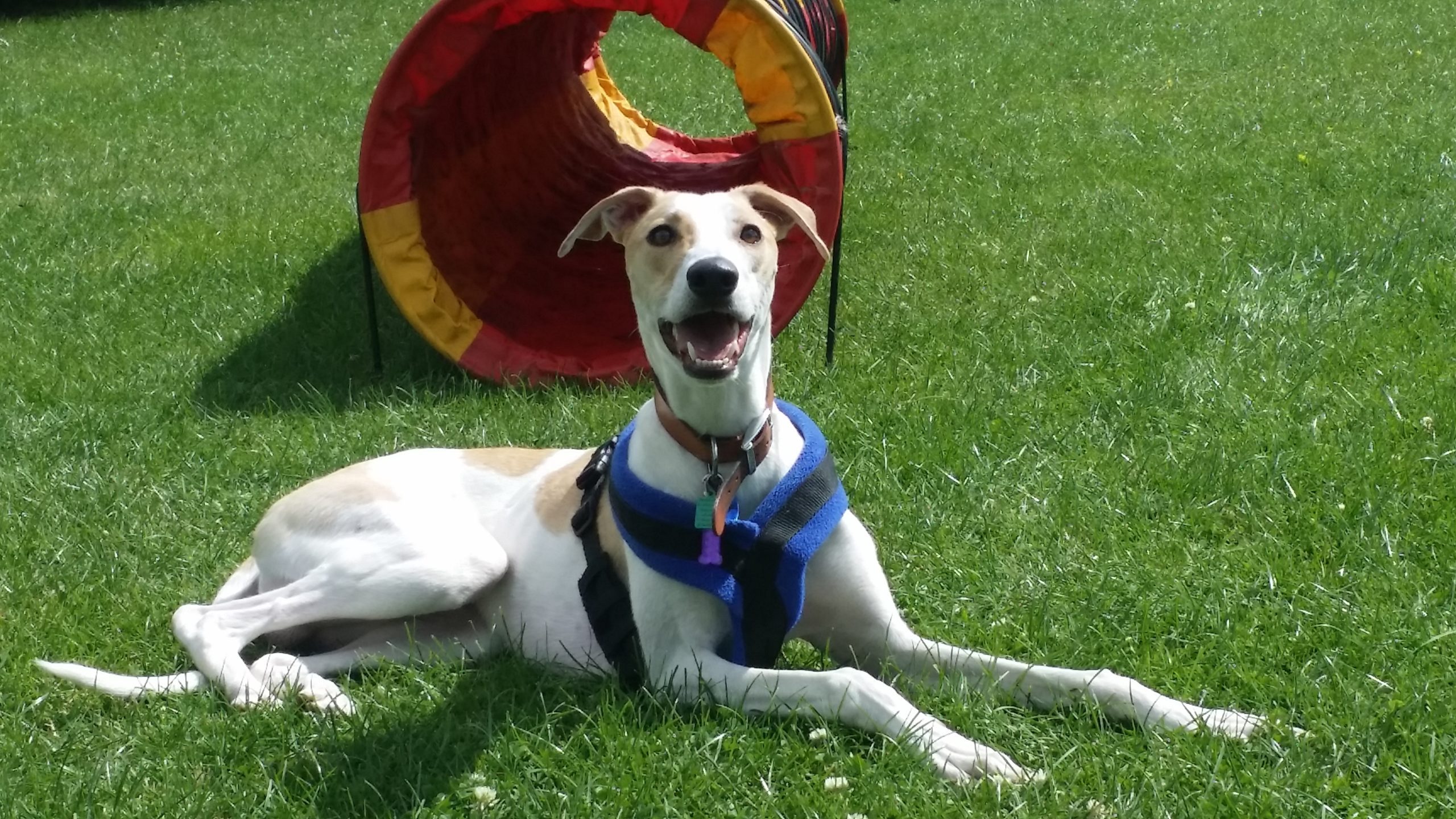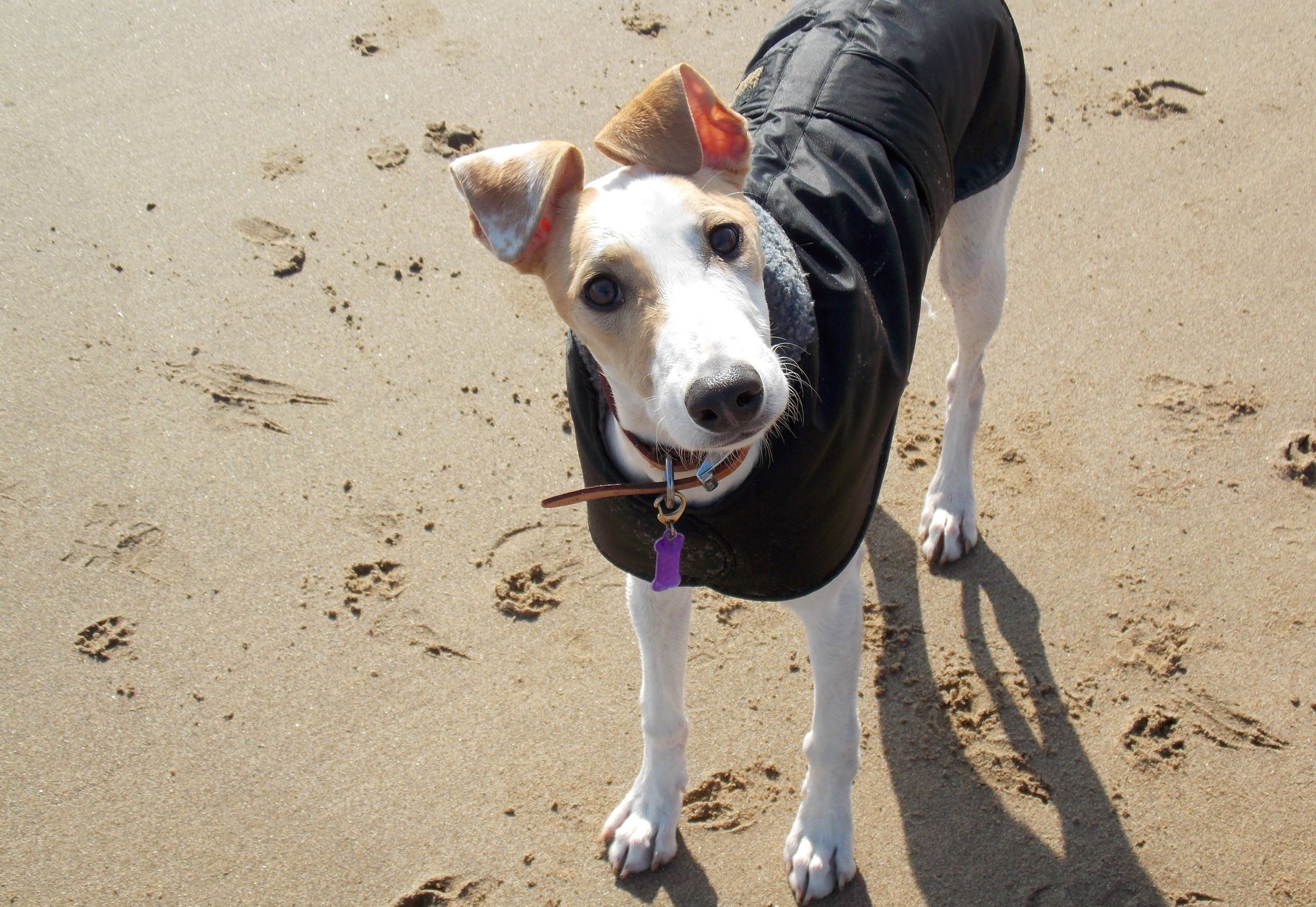 So you have decided to get a puppy. The first step in your journey will be to choose a breed. It may seem like a good idea to choose a dog based purely on how much you like the breed’s look, but you need to consider whether your breed fits in with your lifestyle. It is very important to research the breed of dog you are thinking about getting.
So you have decided to get a puppy. The first step in your journey will be to choose a breed. It may seem like a good idea to choose a dog based purely on how much you like the breed’s look, but you need to consider whether your breed fits in with your lifestyle. It is very important to research the breed of dog you are thinking about getting.
Next, you need to find a reputable breeder who ensures their puppies are well-socialised, healthy, and temperamentally sound. The breeder should ask you questions and meet you before offering to sell you a puppy. You need to see the puppy with their parents and ask questions about the parent’s temperaments too. Don’t forget animal rescue organisations often have puppies available for rehoming, and whilst you may have less information about a puppy’s parentage, that is not always the case.
You need to know what socialisation your puppy has had before you bring them home; for example, if the puppies are raised in an outdoor facility such as a barn, they may not have been exposed to normal household sounds. Socialisation can be difficult after a puppy has reached twelve weeks of age.
If the breed is known to have genetic health problems, ask the breeder for information about screening for these. A reputable breeder will be happy you have asked.
Be wary of ‘breeders’ who sell you a puppy over the internet or telephone, who don’t allow you to visit the puppy first and see it with their mother, who does not want you to see where the puppy has been raised, or who offer to meet you at a separate location or bring the puppy to you. We would not recommend getting two puppies from the same litter.
Now you have got your puppy home. Did you prepare? This means compiling a puppy products shopping list. You should include lead, collar, identification tag, bed, crate, food and water bowls, chew toys, activity and play toys, puppy training pads, baby gate, brush or comb, and food..just to name a few!
Have you puppy-proofed your house? This is vital. Puppies can chew and partially or fully digest almost anything. If they start chewing things in and around your home or can reach items on counters, in cupboards, raid the bin, or shred magazines..then you haven’t puppy-proofed your house. You must also monitor what your puppy does in the yard/garden. Some puppies like to eat soil, stones and pebbles, worms and snails, poo left lying around, plants and wood. They can destroy a garden in no time!
Puppies mouth and bite, some more than others. They have small, sharp, needle-like teeth that are replaced with adult teeth as they mature. You need to be aware of this and teach them bite inhibition.
You must make time to continue socialising and training your puppy every day using reward-based training. If they are not yet fully vaccinated, you may not be able to take on outdoor walks, but you can invite friends over to meet your puppy, take your puppy to a well-organised puppy party at the local vet’s prior to our Little Learners course, and carry your puppy to places to meet people.
Be consistent in training and have a list of rules and boundaries so that everyone who interacts with your puppy knows what is and isn’t allowed. Letting a young, eight-week-old puppy jump up at kids and relatives might be cute, but habits are formed easily, and you may end up with a ‘bigger’ problem later.
Bond with your puppy through appropriate games and training. Dogs with a great relationship with their owner, the right amount of exercise, and a full and enriched life are less likely to develop behavioural problems. Always carefully supervise interactions between your puppy and children.
Teach your puppy to walk to heel off lead (in the house and garden) as soon as you can. This is foundation training in preparation for introducing the lead and collar. A small puppy pulling on the lead may not be a problem, but think about how it will feel when your puppy is fully grown and doing exactly the same thing.







